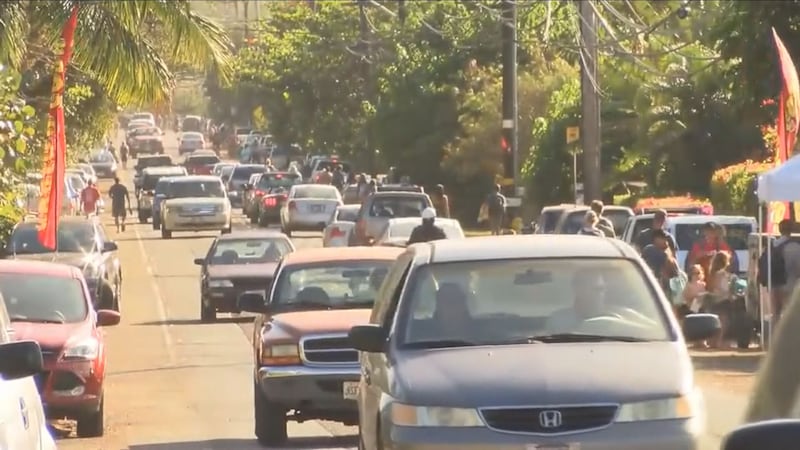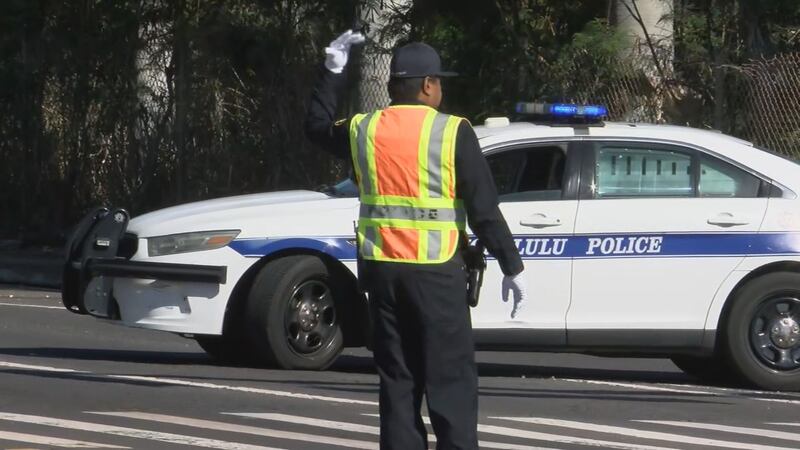Multiple jobs. Doubling up. Hawaii adults say they’re doing it all and still struggling
HONOLULU, Hawaii (HawaiiNewsNow) - Seven in 10 Hawaii adults are struggling with their financial health and more than half say their spending equals or exceeds their income, according to a new survey that underscores just how broadly the state’s high cost of living is affecting families.
The report also found Hawaii adults are doing just about everything they can to make ends meet.
“They’re using their savings. They’re borrowing from friends and family. They’re moving in with mom and dad,” said Michelle Kauhane, senior vice president of community grants and investments at Hawaii Community Foundation, adding that the survey results are a “call to action.”
“This report really drives us with some recommendations,” she said. “There is no one single solution.”
The study, conducted by the Hawaii Financial Health Pulse initiative, also found:
- More than a third of Hawaii adults say they don’t have enough savings to cover three months of living expenses.
- One in 5 residents say they struggle to pay for their mortgage or rent, and 27% worried that their food would run out before they got enough money to buy more.
- Almost a quarter of survey respondents who are employed say they work multiple jobs to make ends meet, far higher than the national average.
The Hawaii Community Foundation and Hawaii Executive Collaborative partnered with the Financial Health Network to conduct the survey, which is similar to one done nationally.
And compared to their mainland counterparts, Hawaii adults appear to be on shakier financial footing.
Nationally, 71% of adults say they struggle with their financial health. But 46% said their spending exceeds or equals their income (compared to 54% for Hawaii adults).
And particularly worrisome: 1 in 4 Hawaii adults say their spending exceeds their income. Nationally, 17% of adults fall into that category.
At the same time, Hawaii families say they’re making sound financial choices.
Seventy percent of Hawaii adults say they pay all their bills on time, compared to 66% of adults nationally.
And 45% say they’re confident they’re on track to meet their long-term financial goals.
The Hawaii report outlines a number of recommendations for lawmakers, employers and financial and educational institutions to ease the state’s high cost of living, including addressing the affordable housing shortage, bringing down costs for child care and boosting wages.
“The Hawaii Financial Health Pulse reveals that a majority of people in Hawaii are struggling with poor financial health and their financial challenges are further compounded by volatile incomes and a high cost of living,” the report’s authors said.
"Since residents of Hawaii are already doing what they can to meet the financial needs of their households, stakeholders have an opportunity to help people improve their financial health. Significant commitment will be needed to create better opportunities by reducing low wage jobs, volatile incomes, and rising housing and living costs."
Hawaii Financial Health Report by HNN on Scribd
Copyright 2020 Hawaii News Now. All rights reserved.














